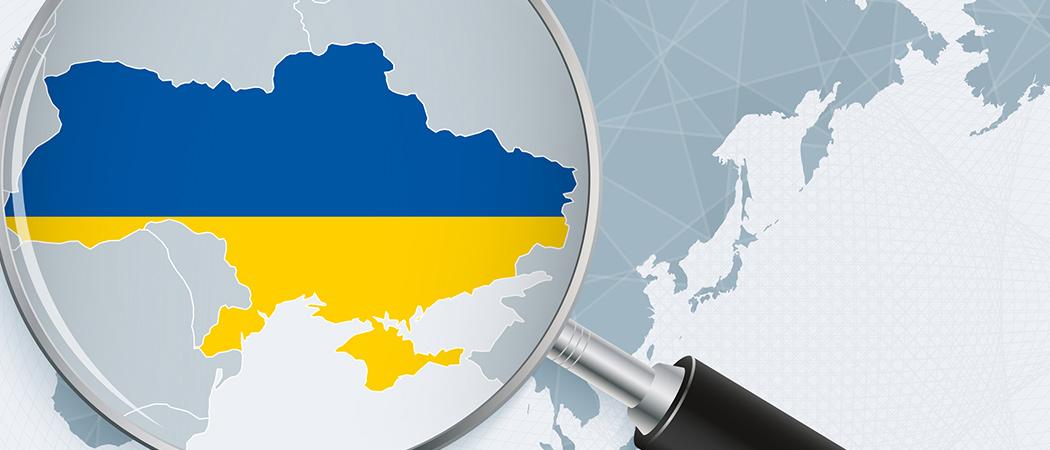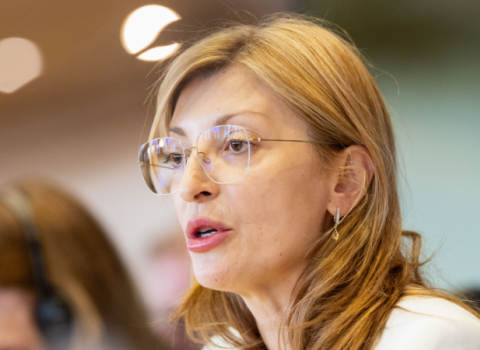Under threat from Russia, Ukraine seeks to boost its participation in international research

Ukraine is working on reforms to speed up its integration in the newly revamped European Research Area (ERA), with government officials hoping to join the COST science and technology cooperation programme this year.
"Next year, the Ministry of Education and Science plans to deploy systematic work on approximation to the European scientific and innovation community, in particular through expanding participation in international scientific programs of the EU,” Oleksiy Shkuratov, deputy minister for European Integration announced at a conference last month.
As Ukraine seeks to increase its participation in international research, the country remains caught between the EU and Russia. The current government is seeking EU and NATO membership and is currently adapting its R&D system to benefit from increased cooperation with western Europe, but it will have a hard time escaping the grip of Russia, which occupied Ukrainian territories in 2014 and is now building up troops on the border.
Ukraine has recently signed a deal with the European Commission to join as fully associated member in Horizon Europe, the EU’s €95.5 billion research and innovation programme. The first science and technology agreement with the EU dates back to 2002, and in 2015 Ukraine also joined Horizon 2020.
Now, the government wants to strengthen its position in the renewed ERA, a plan by the EU to establish a single market for research with common investment targets, a new research assessment system and shared R&D policy priorities, principles and values.
Shkuratov said the government had updated its roadmap for integration in ERA last year, but more work is needed to align the national R&D policy agenda with the priorities set in ERA. "As we strive to synchronise actions with the EU countries, we will continue to work on the updating this document in accordance with the new policy of the EU,” he said.
To that end, the government has set up a group of Ukrainian experts who would join work groups of the ERAC committee, a body of the EU Council’s the EU's policy advisory committee on research and innovation, tasked with steering the implementation of ERA.
Grigory Mozolevych, head of the expert group strategies and policy coordination at the ministry of education and science said Ukraine has now implemented a competitive system for allocating research grants and is planning to increase the budget of the National Research Fund on a yearly basis.
The government also wants to finalise negotiations with COST, the first EU research cooperation programme, by the end of this year, and to allow Ukrainian researchers to cooperate more easily with colleagues in the EU. “I hope that in 2022, we will be able to become a rightful member of this organisation,” Mozolevych said.
The government is also in talks with the European Institute of Innovation and Technology (EIT), and is taking steps to introduce open science in its R&D system and come up with a legal framework that would allow research infrastructures in the country to join European consortia.





 A unique international forum for public research organisations and companies to connect their external engagement with strategic interests around their R&D system.
A unique international forum for public research organisations and companies to connect their external engagement with strategic interests around their R&D system.